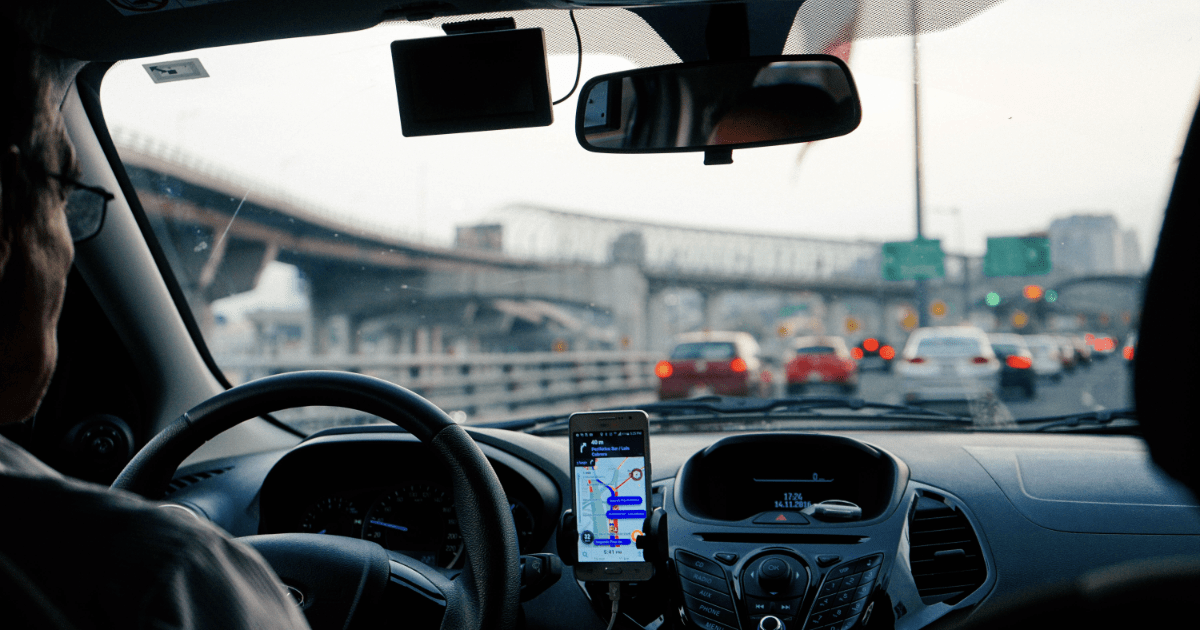Follow up questions for John List after Tim Ferriss podcast

I recently listened to the excellent and thought-provoking Tim Ferriss podcast with John List. Here are some of my thoughts and questions. The episode is far-reaching, but the most interesting elements were the research conducted into Uber riders tipping behaviours.
From the UChicago news announcement:
"In addition, we were able to go beyond simple measurement and answer the 'whys' behind tipping. In so doing, we can provide a unique glimpse of social preferences in the field and provide insights into how norms and defaults work in tandem to change behaviors."
- Are the 'whys' behind tipping in this paper generalisable even to other rideshare companies? John mentions in the episode that Uber implemented tipping in the wake of the #deleteUber campaign.
From the podcast:
I was the Chief Economist at Uber back in 2017. And TK, Travis Kalanick, came to me and said, "John, you need to help us keep the drivers in Uber because there's this crazy "Delete Uber" campaign, #DeleteUber campaign, that's killing us on both the driver and the rider side." And my solution back then was, let's roll out tipping on the app.
-
How does the propensity to tip track with the sentiment on Uber in general? Could it be inversely correlated? I don't have sentiment data like this and couldn't find much online. However, I am sure that Uber can afford tools like BrandWatch or even have their own internal measuring and metrics. I looked up a few phrases in Google Trends, but I couldn't see anything too meaningful. It did show an expected spike in searches for the term "Delete Uber", as John refers to.
-
How does tipping behaviour track with macro trends? Does this account for more variability than the differences observed with 5-star riders?
-
How was it verified that riders understood things the same way internal Uber staff did, like John and the team? For example, it was mentioned that riders don't get asked to tip until the driver has already rated them. I understood this to be implying that it was not affecting outcomes; however, John and other Uber employees knew the exact workings through their employment. I've never worked with or for Uber, and I assumed that the drivers were asked to rate the rider after tips. This definitely impacted my inclination for tipping! Of course, stating that it is a study limitation is entirely valid. Field studies inherently expose these kinds of challenges.
I'm not a data scientist by trade nor a researcher, so there may be inherent flaws in these questions that I am missing. When I listened to the podcast episode, I was so curious that I made notes and then tried to find answers in the published paper itself.
John, Tim, if you happen to read this and can answer any of the above or point me to some sources with more information, I would love to know more! If anyone has any insights on these questions, please get in touch and let me know.
References and credits